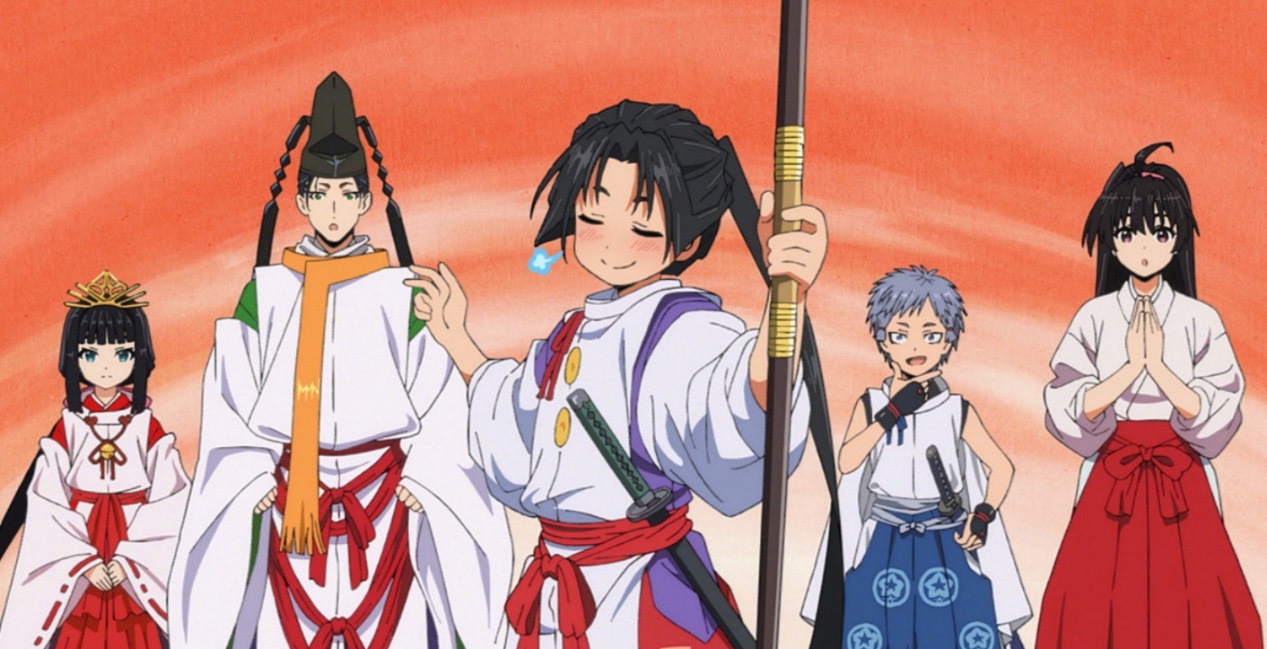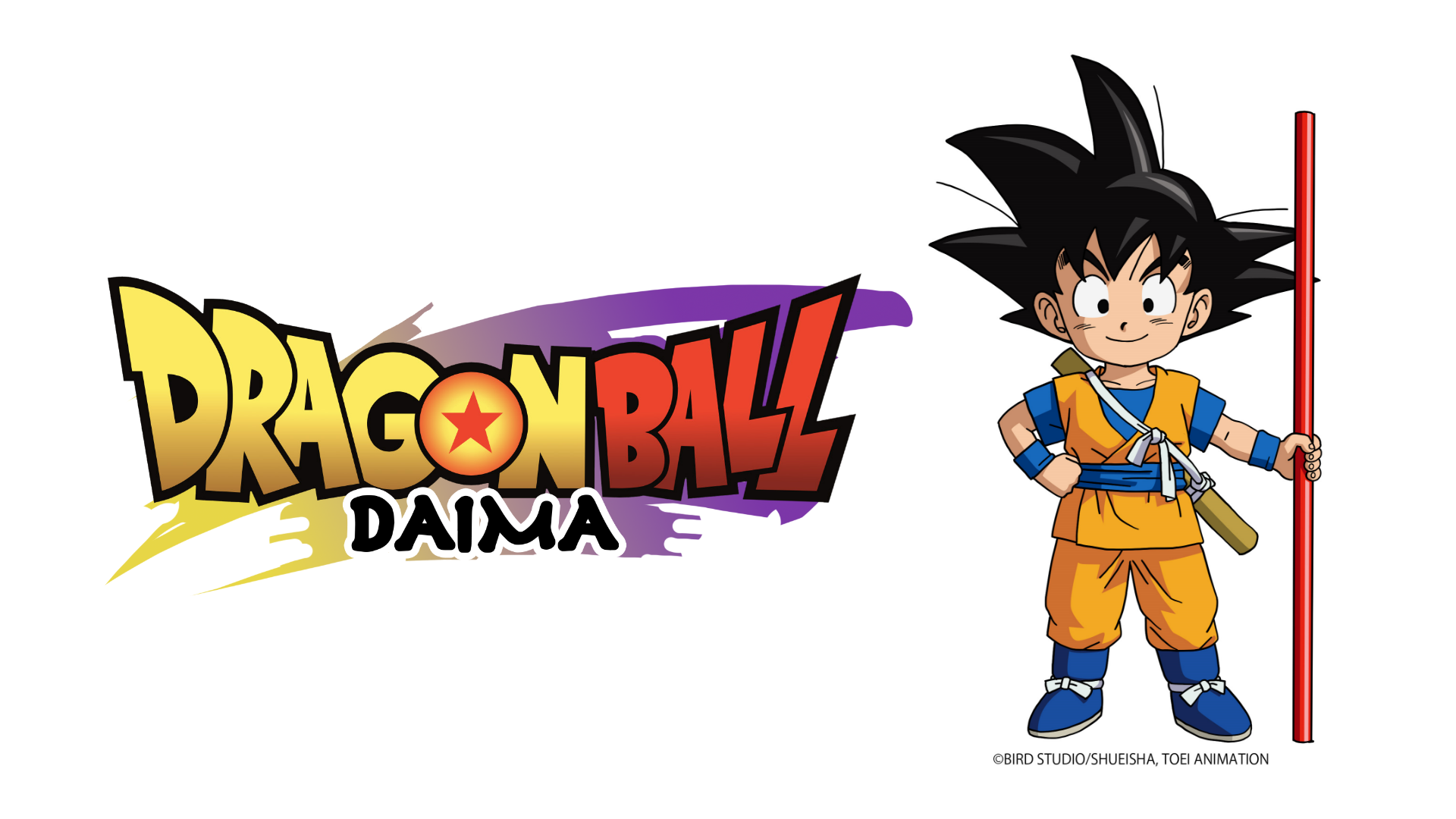My preparation for the release of Black Panther, really the preparation of all of my close friends and family, likely many of yours as well, has less to do with anticipation of what we will see on screen, and nearly everything to do with the very real fact that the film exists.
This preparation in what to wear, who to go with, how many times to see the film, who to commiserate with on social media…all stem from the very important space occupied by a film about a fictional African king and hero, from a fictional African nation, in a fictional grand comic book universe.
Black Panther, above all else, represents an opportunity for a community to experience itself as being fully realized in public. On screen. A self-contained world where the ruler, the hero, the loves, the society, the ways…all look and believe and know like they do. It is rather unique, and thus exciting, to know that Black men, women and children, will be the focus of the tale. Not sidekicks, or adjuncts. Central. Fully meaningful. Opportunities such as these are few for Black people. Anywhere in the diaspora.
Black Panther is important for the meditative space it will provide. There will be a time where many will lapse into feelings of self-love. Feelings that aren’t typically promoted in media. As a Black person, you are allowed to see all of the most flawed versions of your family, but rarely can you see a broad version of your best.
This film, once you begin to peel at its layers, is pressing Afrofuturism. A vision of a future that has a Black face, body and mind, that is felt and known in all three dimensions of much of Black life. The Dora Milaje are nurturers, warriors, partners and friends. That is precisely how much of the Black community experiences our mothers, sisters, lovers and neighbors. It houses a young man learning his way in the world, fighting outside influence…these are all stories out of the journal of Black life, anywhere. Made real. With an adventure as a backdrop.
The importance of Black Panther, its excitement, its allure, is in its most critical meaning. That it can be shared with our neighbors of all backgrounds, but it is ultimately about us. Not just one of us, being a superpowered hero somewhere in Africa, but one of us. A person. Black, and strong. Supported. Experiencing all that every other human person can.
And do understand, that is an important distinction, as our lives are often portrayed in marginalized and limited ways. While an Marvel entity, the social experience around the movement toward this film’s release feels like it is a community property. It is ours.
There will be those who will suggest, from their view, that it is simply a film. They would be having only part of the conversation. There is a history and a psychology to consider. Rarely are there opportunities for the overall Black community to see itself represented fully, unashamedly, in full view of our nation family. This will be a real live party. Two hours worth of enjoying our skin, where we typically have to survive being in it.
This film is a powerful tool as a seed. Seeing the enthusiasm, the wide eyed joy, that many are experiencing as it draws near, suggests that there will be more opportunities on grand stages for art with central Black characters and stories. Like this one, they can be told and crafted by Black creators and crafts people. It represents a simple chance to suggest to the necessary powers and thinkers that our community can be painted across all media with as wide a storytelling arc as possible. On screen, on page, wherever we are, we can be represented in all human pursuits.
Some of my neighbors in other communities will be uncomfortable with this level of celebration and pageantry. They will look to pick the film apart critically. They will opine that all of this noise for a film that won’t change anything “in the grand scheme” is unwarranted. I would respond that none of those concerns is a relevant one. Not in this moment. What matters most now is what is coming. A film about us, that we have made for us, that all of them, all of you, get to share with us. Because, do know that we have made it ours. It is a community feast, and all are invited. It is best to leave any misgivings at home.
The world outside of Wakanda will be in the backdrop, just as we all know that we will return to real life in over two hours after the film starts. Just as we know that all of the racial and supremacist, and oppressive ills of the world will be waiting, so will T’Challa and his people be ready for them. It is not so much fiction, as it is considered a music video for the kind of efforts Black people feel we must often make to face the world each day.
And there is where the connection is. The central human one. Where comics, and heroes represent a projection of us. An idealized version of us. In those pages, and on those screens are moments to escape our doubt and fear, to see someone we attach ourselves to, face the issues and falter, as we do, and name those fears, and strike at them, with it all on the line. For the human psyche, that is a kind of therapy. We all, all of us, everywhere, want for that to be us.
But in this moment, just here, with Black Panther, this is for us. It is the time for a Black man who is now king, and Black women who are powerful, and Black children to have a land of their own to name, to know that this will be us on screen. And that has so much hopeful and personal meaning. A soil we are not often allowed to plant our beliefs in. Here, we can escape to it.
And you all get to venture off with us. You are most welcome. Wipe your feet before entering and having a seat. Appreciate what you are seeing. Let us go.
Written by: Napoleon Wells

Movie
Movie Review: Katamarayudu

Directed by: Kishore Kumar Pardasani
Written by: Siva
Studio: North Star Entertainment
Runtime: 149 minutes
Genre: Action, Drama
Cast:
Pawan Kalyan as Katamarayudu
Shruti Haasan as Avanthika
Siva Balaji as Katamarayudu’s younger brother
Ajay, Kamal Kamaraju, Chaitanya Krishna in supporting roles
Katamarayudu is a Telugu-language remake of the Tamil film Veeram. This movie blends family drama with high-octane action sequences, delivering a narrative that is quintessentially rooted in southern Indian cinema’s flair for heroism and larger-than-life characters.
The story revolves around Katamarayudu, a righteous and fiercely protective elder brother who has dedicated his life to looking after his younger siblings. Known for his aversion to marriage, his life takes a turn when Avanthika, a poised and graceful woman, enters his life. The movie skillfully combines lighthearted romance, brotherly camaraderie, and intense action sequences, creating an engaging watch for the masses.
Kishore Kumar Pardasani delivers a visually grand spectacle while staying true to the essence of its Tamil original. While the screenplay lacks novelty, it compensates with fast-paced action and emotional beats. The dialogues, although simple, hit the right chords when it comes to showcasing family bonds and love.
Pawan Kalyan is the heart of the film. His screen presence and charismatic portrayal of Katamarayudu dominate every frame. Shruti Haasan offers a refreshing on-screen presence, and her chemistry with Pawan Kalyan adds charm to the narrative. The supporting cast, especially the actors playing the brothers, do justice to their roles, adding depth to the storyline.
The film boasts meticulously choreographed fight scenes, which are a visual treat for action lovers. Anup Rubens’ background score and songs elevate the emotional and action-packed moments. His mass appeal and command over action and emotion anchor the movie effectively.
The film adheres to a conventional template, leaving little room for surprises. At 149 minutes, the film feels stretched, especially in the second half.
Katamarayudu is a feast for fans of Pawan Kalyan and action-packed family dramas. It carries the essence of mass entertainment but doesn’t break new ground. While it caters to the sensibilities of Telugu cinema audiences, others might find its predictability a drawback.
Rating: 8/10 Fans of Pawan Kalyan and high-energy action films will undoubtedly enjoy this one, but those looking for a novel story might find it wanting.
Movie
You Are Not Ready for ‘Marcel the Shell with Shoes On’

“Do you want to watch a film with me? It’s called Marcel the Shell with Shoes On”
“What?”
“It’s about a little shell named Marcel who wears shoes.”
“…”
And that about sums it up! It’s the blob of a week between Christmas and New Year so it was the optimum time to watch a very surreal film recently added to UK Netflix.
Released in 2021 (a blob of a year) Marcel the Shell with Shoes On is about a one-inch-tall shell called Marcel who lives with his grandmother, Connie, in an Airbnb. Marcel usually stays out the way of the house’s various guests as he utilizes his only means of fast transportation (a tennis ball) and walks his pet lint on a string (Alan). This is until a documentary filmmaker named Dean, who is staying at the Airbnb, discovers Marcel and his unique lifestyle.
As filmmakers are wont to do Dean begins to film interviews with Marcel, consequently we get an insight into Marcel’s world both inside and out. Yes, Marcel is a stop-motion hermit crab shell with surprisingly expressive googly eyes but he feels very human. I was unsure about Marcel’s age and gender because he sounds a lot like Lisa Simpson, I did even check that Marcel wasn’t voiced by Yeardly Smith. But Marcel is voiced superbly by Jenny Slate. Marcel comes off as quite childlike with his wide-eyed optimism and naivety (he is a shell I suppose). Yet, like many children, Marcel will utter something so profound he will seem more of a fossil than a shell. When Dean uploads Marcel’s interviews onto YouTube Marcel of course becomes a viral sensation. Marcel reads the comments on his videos, using his tiny shoes to activate the laptop touchpad, which is just adorable! Despite his obvious popularity, Marcel remarks; “It’s an audience. It’s not a community.” Which just drives a stake into the heart of social media.
No, Marcel does not become a teeny-tiny-TikToker, he in fact uses the internet to find his lost community. The house used to be full of anthropomorphic objects including Marcel’s own shell family. They had been living in the house for generations, Connie herself came from the garage travelling by coat pocket to the main house; it’s why she has an accent. Among the community there are anthropomorphic pieces of cereal and because the internet notices this stuff; a tampon! An unfortunate event occurred and the community were accidentally removed from their home one tragic night, leaving Marcel and Connie on their own.
Being an A24 film I knew it would get deep. Marcel’s journey gives the audience a unique perspective of life, death, and community. In a modern world where we are more connected than ever but loneliness has been recognized as a universal health crisis. We could all learn something from this talented little shell and his grandmother. Be like Marcel and don’t get sanded down by life, stay connected to your community and know you are not just rattling around on your own!
It’s a beautifully poignant and quirky film. Despite its metaphysical and existential content, the film doesn’t take itself too seriously. Whether it’s Marcel making rope by winding together the pubic hairs he finds in the drain (he calls them ‘hardy hairs’) or sleeping on slices of bread referring to them as his ‘breadroom’. The film is painstakingly detailed and you can see its roots in a short film. It’s a delightful adventure that has something far bigger to say than its minuscule protagonist.
Five stars.
Streaming
Top Five anime in 2024

As an anime enthusiast and entertainment journalist, I’ve curated a list of the top five must-see anime series of 2024. These selections showcase the diversity and creativity that define the medium, offering compelling narratives and stunning animation.

Delicious in Dungeon
This series combines culinary arts with fantasy adventure, following a group of dungeon explorers who cook and eat the monsters they defeat. The unique premise and mouth-watering depictions of fantasy cuisine make it a standout this year. Kaiju No. 8
Set in a world plagued by kaiju attacks, the story centers on a protagonist who gains the ability to transform into a kaiju himself. The series offers a fresh take on the kaiju genre, blending action with deep character development.

Kaiju No. 8
Set in a world plagued by kaiju attacks, the story centers on a protagonist who gains the ability to transform into a kaiju himself. The series offers a fresh take on the kaiju genre, blending action with deep character development. Solo Leveling
Adapted from the popular web novel, this anime follows a weak hunter who becomes the world’s strongest after a mysterious system grants him unique abilities. Its dynamic animation and gripping storyline have captivated audiences worldwide.

Solo Leveling
Adapted from the popular web novel, this anime follows a weak hunter who becomes the world’s strongest after a mysterious system grants him unique abilities. Its dynamic animation and gripping storyline have captivated audiences worldwide. The Elusive Samurai
Set in feudal Japan, this historical series follows a young samurai who uses his agility and wit to survive in a turbulent era. The anime’s blend of historical context and engaging action sequences has garnered critical acclaim.

The Elusive Samurai
Set in feudal Japan, this historical series follows a young samurai who uses his agility and wit to survive in a turbulent era. The anime’s blend of historical context and engaging action sequences has garnered critical acclaim. Dragon Ball Daima
The latest installment in the iconic Dragon Ball franchise, this series introduces new transformations and challenges for Goku and his friends. Its high-octane battles and nostalgic elements appeal to both longtime fans and newcomers.

Dragon Ball Daima
The latest installment in the iconic Dragon Ball franchise, this series introduces new transformations and challenges for Goku and his friends. Its high-octane battles and nostalgic elements appeal to both longtime fans and newcomers. These anime series exemplify the innovation and storytelling prowess that continue to drive the medium’s global popularity. Whether you’re a seasoned otaku or new to anime, these titles are essential viewing for 2024.



